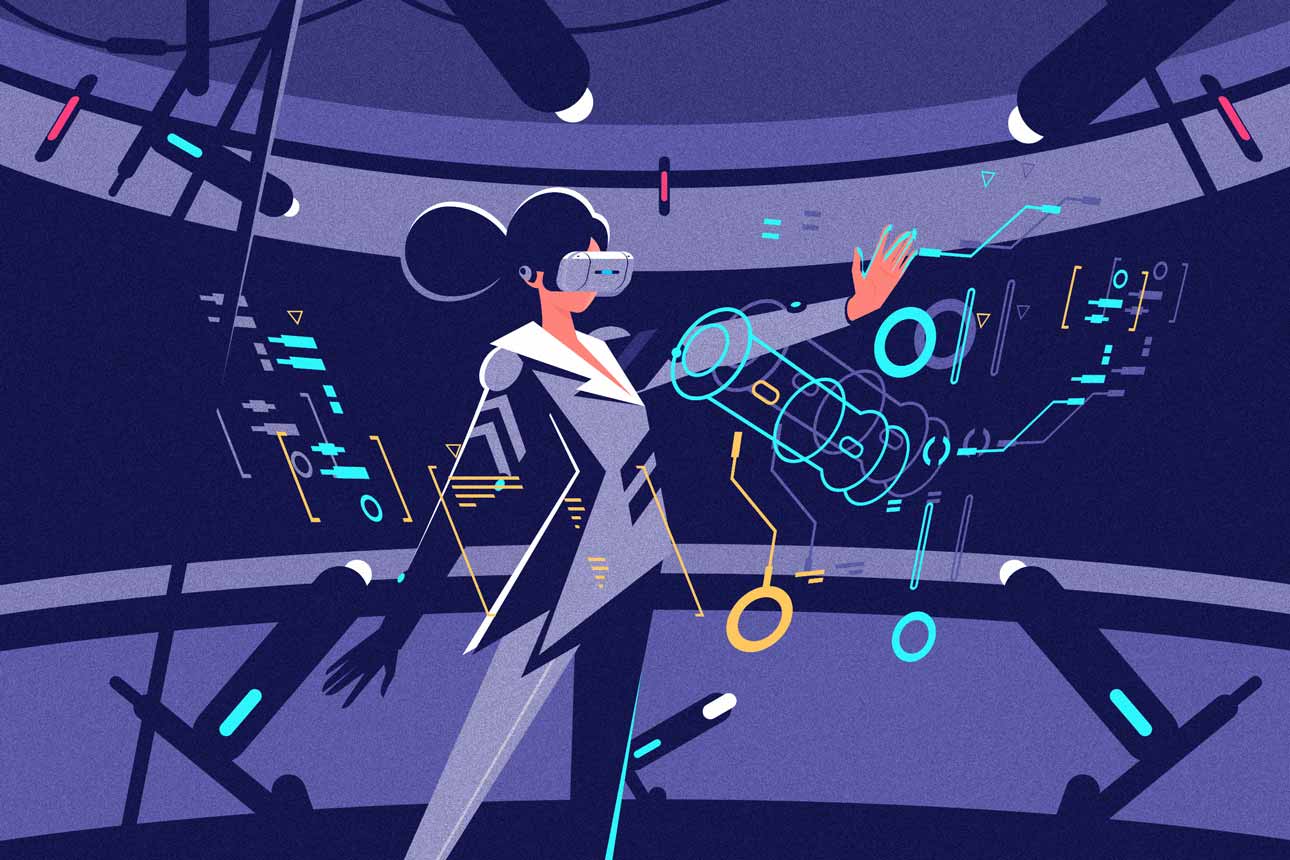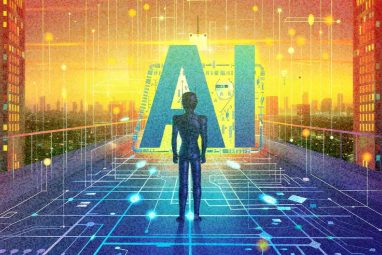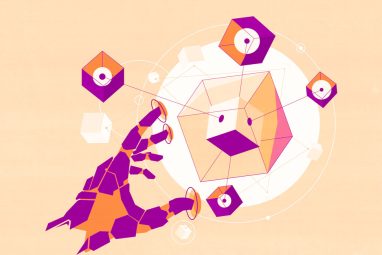Misaligned Upskilling Priorities Could Hinder AI Progress in the UAE
Research by Alteryx finds that 66% of business leaders across the UAE have concerns about AI-produced answers but are not prioritizing skills that will help mitigate risks.
Topics
News
- NVIDIA Deepens AI Push With $5 Bn Intel Stake, $20 Bn Groq Deal
- What VCs Expect from Enterprise AI in 2026
- Manus Joins Meta in Major Bet on Autonomous AI Agents
- AI Job Losses Could Accelerate By 2026, Geoffrey Hinton Warns
- Bahrain Shows High Digital Maturity in World Bank GovTech Index
- Sam Altman Calls for a Head of Preparedness at OpenAI

[Image source: Krishna Prasad/MITSMR Middle East]
These days, a buzz and consternation have accompanied any discussion of artificial intelligence (AI). Like any technology, AI has a learning curve; some companies have staff and technology infrastructure that makes establishing AI science initiatives easy; others are starting from scratch.
However, one thing that’s been missing from many discussions is the impact of AI on the workforce.
As business leaders and recruiters across the UAE prepare for an AI-infused labor market transition, many existing roles will evolve and become obsolete, reshaping the skill stack of the future workforce at an accelerated pace.
However, research by Alteryx, Defining the Enterprise of the Future, finds a disconnect between the skills and traits currently prioritized during the hiring process and the attributes needed to reap AI’s greatest benefits.
New Roles Emerge as Organizations Prepare for the Future
While AI may already impact the current workforce, it’s critical to stay ahead, develop new skills, and prepare for this ever-changing business landscape.
The research found that 60% anticipate the emergence of the Chief AI Officer role will be critical to a more holistic approach to AI strategy that collaborates with business units from IT and compliance to HR and People teams. For context, over 400 globally have CAIO in their LinkedIn job titles.
Software engineers (37%), who develop and create systems; AI applications engineers (32%), responsible for designing and developing AI-powered models; and AI research scientists (31%), who drive innovation through the research and development of AI systems are three of the most urgent hiring priorities cited by business leaders.
Comparatively fewer said they urgently hire AI whisperers (23%) and prompt engineers (17%) tasked with communicating with and guiding AI systems. However, the labor market is set to shift again, as 61% expect these roles to be necessary as GenAI transitions from exploration to widescale rollout.
The Future Brings a New Look to Data and IT Teams
As teams look to the future, the findings provide a snapshot of which roles are set to become obsolete, emerging roles to gravitate toward, and skills required for the evolving era of AI-infused intelligence.
Single-language software development (26%), Repetitive coding (24%), database administration (23%), and AI/ML development (19%) are among the technical skill sets that will become obsolete. About 51% say that their organization currently operates in a very siloed way, but 48% believe that data teams of the future will need to be decentralized to ensure data is available to teams who need it across the business.
And 65% believe that over the next three years, the advanced tech talent landscape will be characterized by a talent surplus, and 71% say there will be a surplus of general tech talent through the increasing accessibility and user-friendliness of generative AI technology.
Shifting Priorities for the Tech Labor Market
While the consensus is that humanity’s importance increases in an AI world as humans will do what AI cannot, findings demonstrate a disconnect in skill focus. Despite the well-documented AI skills gap, where demand has far outstripped supply, many businesses still prioritize recruiting for roles with highly sought-after technical skills.
There’s growing recognition for soft skills in collaborating with and questioning the outputs of intelligent systems, so are leaders focused on the wrong recruitment priorities?
Only 33% cite building human capacity and preparing for a labor market transition as essential considerations for an AI world.
While 73% of respondents say it is more important for their employees to be multi-skilled than specializing in a specific area, upskilling priorities still favor hard skills over soft skills.
Expertise in AI, software, data analysis and mining, and financial analysis and planning all ranked ahead of the most in-demand soft skills, including data literacy, strategic thinking, digital literacy, and team leadership.
About 60% cite creativity as the top skill humans will supply in a working world shaped by AI, followed by critical thinking (46%), emotion (42%), and morality (39%). Yet only 19% counted critical thinking, and 27% counted creativity in the top three in-demand skills.
“The rapid rise of AI requires business leaders to build and shape the future workforce now to thrive or risk lagging behind in a future transformed by a seismic shift in the skills needed for the era of intelligence,” said Libby Duane-Adams, Chief Advocacy Officer at Alteryx. “Not all employees need to become data scientists. It’s about championing cultures of creative problem-solving, learning to look at business problems through an analytic lens, and collaborating across all levels to empower employees to use data in everyday roles. Only through continuous investments in data literacy, upskilling, and training opportunities will businesses create the professional trajectories where everyone can “speak data” and exploit AI applications for trusted, ethical outcomes.”
At the NextTech Summit, the Middle East’s foremost summit focusing on emerging technologies, global experts, MIT professors, industry leaders, policymakers, and futurists will discuss emerging technologies, such as Responsible AI, Quantum Computing, Human-Machine Collaboration, among many other technologies and their immense potential. Click here to register.








